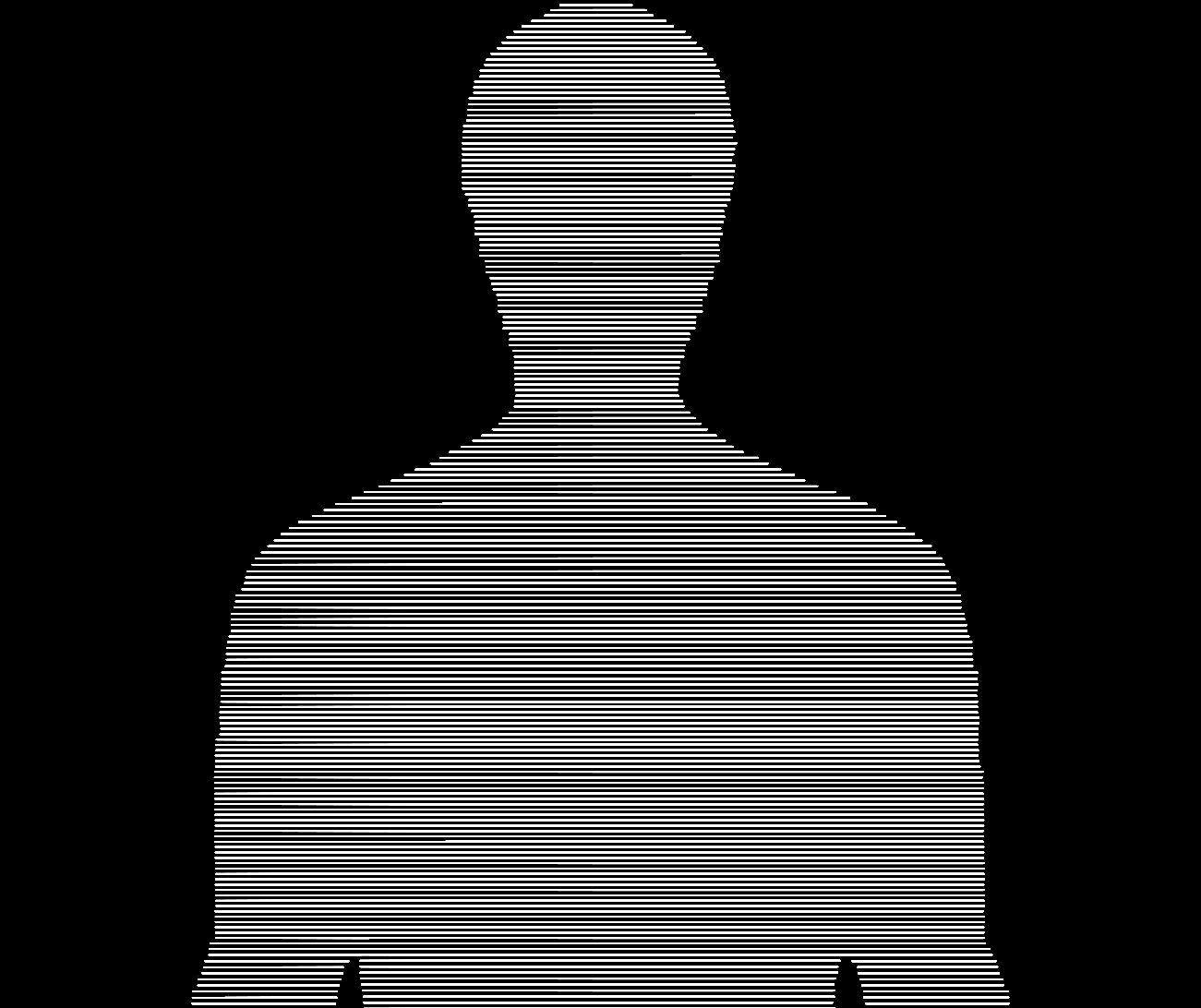

I guess the engagement bait “please contradict the headline”-title is working well, I always want to keep editorialising to a minimum when sharing videos like this, but this was one of those “what they meant could have been made a little bit clearer, and they knew it”-things.
Really the stuff he is talking about concerning that - mainly initial cost vs long term savings and lack of existing infrastructure/expertise - are just realities that are important to address in the political process. He could have gone into more detail considering Munich’s attempt at Linux (LiMux) - where to my knowledge the reason it failed was a combination of lobbying by Microsoft, Conservatives (CSU) winning the local elections, and costs (as well as employee complaints) from having processes be more complicated, the latter mostly thanks to Microsoft’s outright obstructionism concerning document format standards, as well as expertise being relatively costly (whereas finding MS-certified anyones in the office space was relatively easy). Those are considerations to have, but I think more and more, the advantages of Linux and Open Source clearly outweigh that stuff in the face of rising costs and enshittification, and he does talk about all the good stuff pretty well in the video.







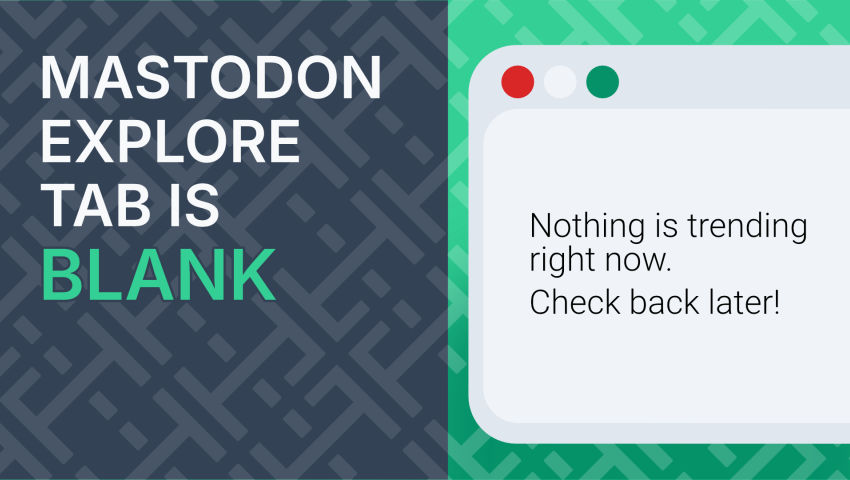






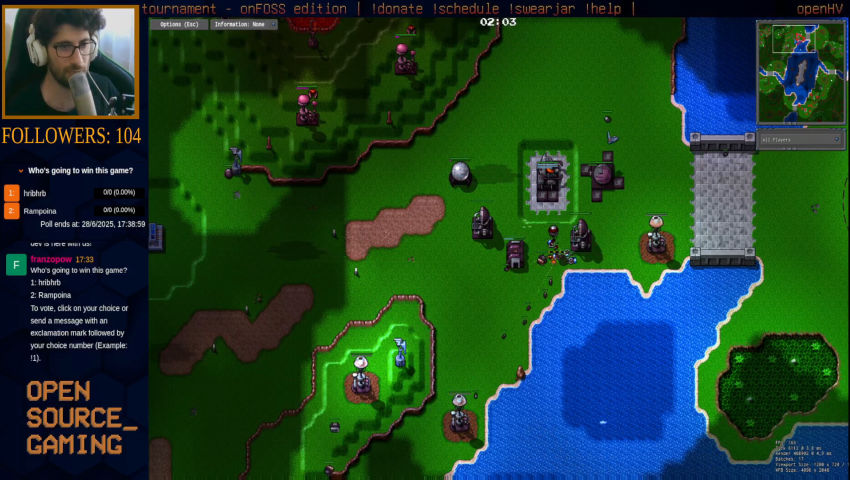




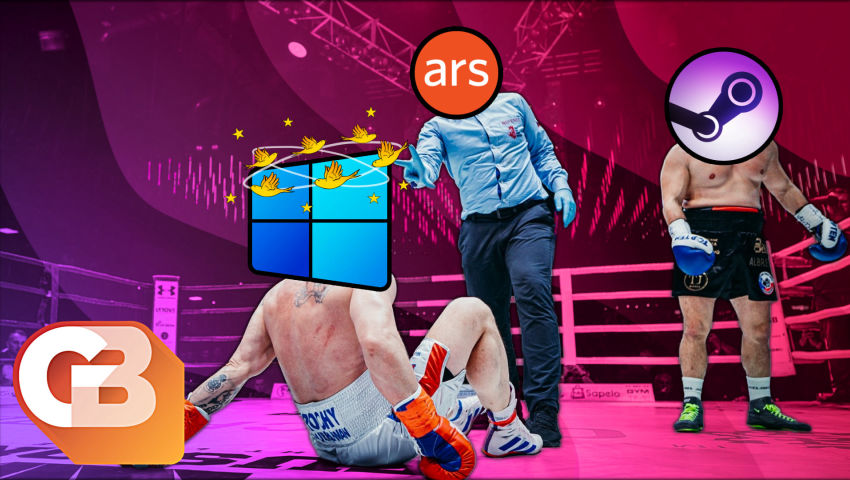




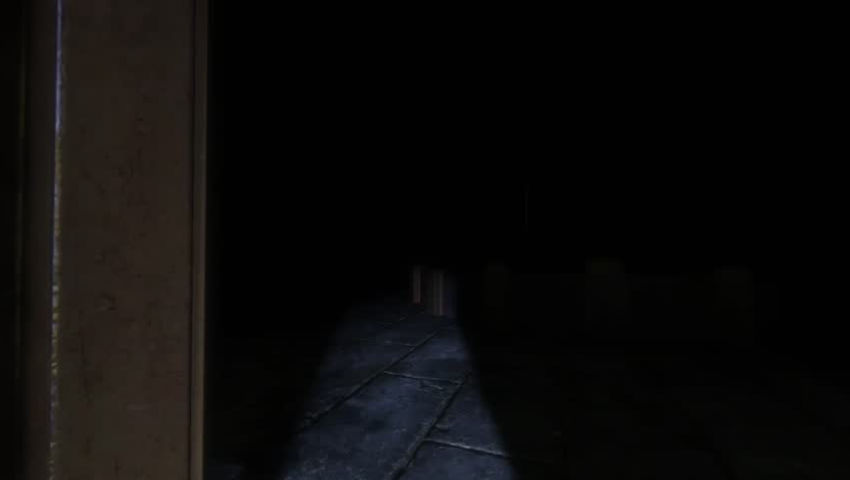









Hi, the OP this was crossposted from here. The answer is simple: I am using PeerTube Companion, a Firefox add-on that automatically redirects me to my home instance when loading any PeerTube video - so I can easily comment and like and subscribe. So when using the “share” button or copy-pasting the link from the address bar, I will default to posting a link to my instance - in essence, it is the same video, loaded from the same source, federation being what it is.